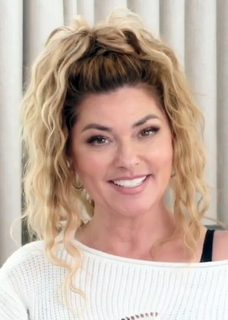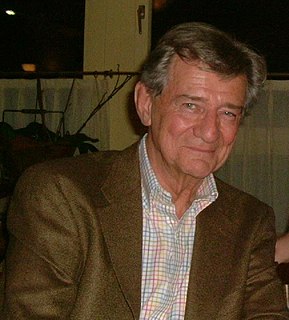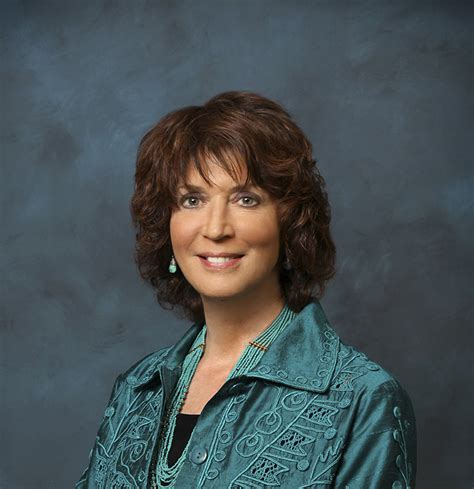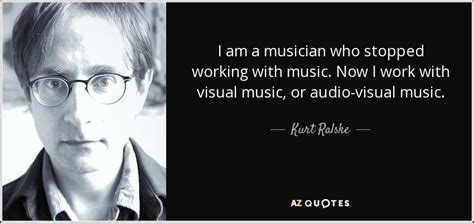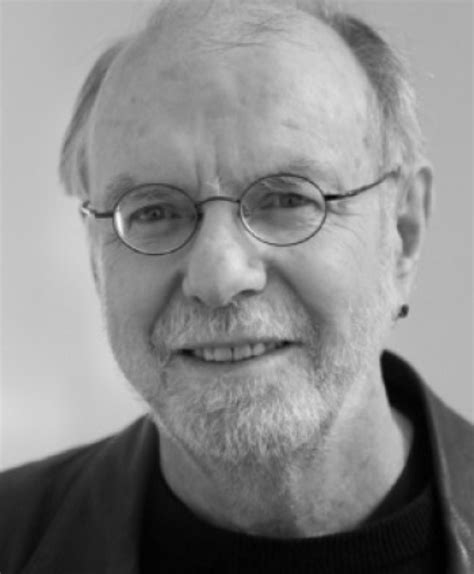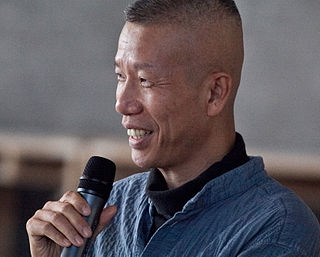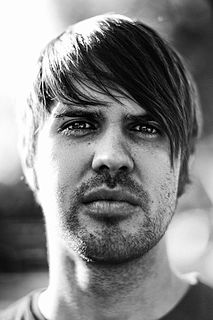A Quote by Shania Twain
The only reason that you do visual is solely for the visual. That's the only reason. It doesn't sell your music for you.
Related Quotes
Usually in theater, the visual repeats the verbal. The visual dwindles into decoration. But I think with my eyes. For me, the visual is not an afterthought, not an illustration of the text. If it says the same thing as the words, why look? The visual must be so compelling that a deaf man would sit though the performance fascinated.
Is there a gender gap in the music industry? It is true that there are more professional male music creators than female. For some reason, it's taking a lot longer in music than in literature and the visual arts to reach equilibrium. It was almost acceptable by the 19th century for female writers to be published, yet it's only in the last couple of decades, since about 1980, that historical female composers have really emerged.
As far as stimulus from the visual arts specifically, there is today in most of us a visual appetite that is hungry, that is acutely undernourished. One might go so far as to say that Protestants in particular suffer from a form of visual anorexia. It is not that there is a lack of visual stimuli, but rather a lack of wholesomeness of form and content amidst the all-pervasive sensory overload.
Instagram is a media company. I think we're about visual media. I explain ourselves as a disruptive entertainment platform that enables communication through visual media. I don't think it's just photos. There's a reason we don't allow you to upload photos on the Web as albums. It's not about taking all these photos off your DSLR putting them into an album and sharing them with your family. It's not about that. It's about what are you up to right now out in the real world, how can you share that with everyone.
I can't separate the process of writing from the visual process. I'm speaking only for myself here, but I'm a highly visual writer. In my imagination, when I'm thinking of a scene, I think of every last detail of it: The space, the color palette, the blocking of the actors, the placement of the camera.
